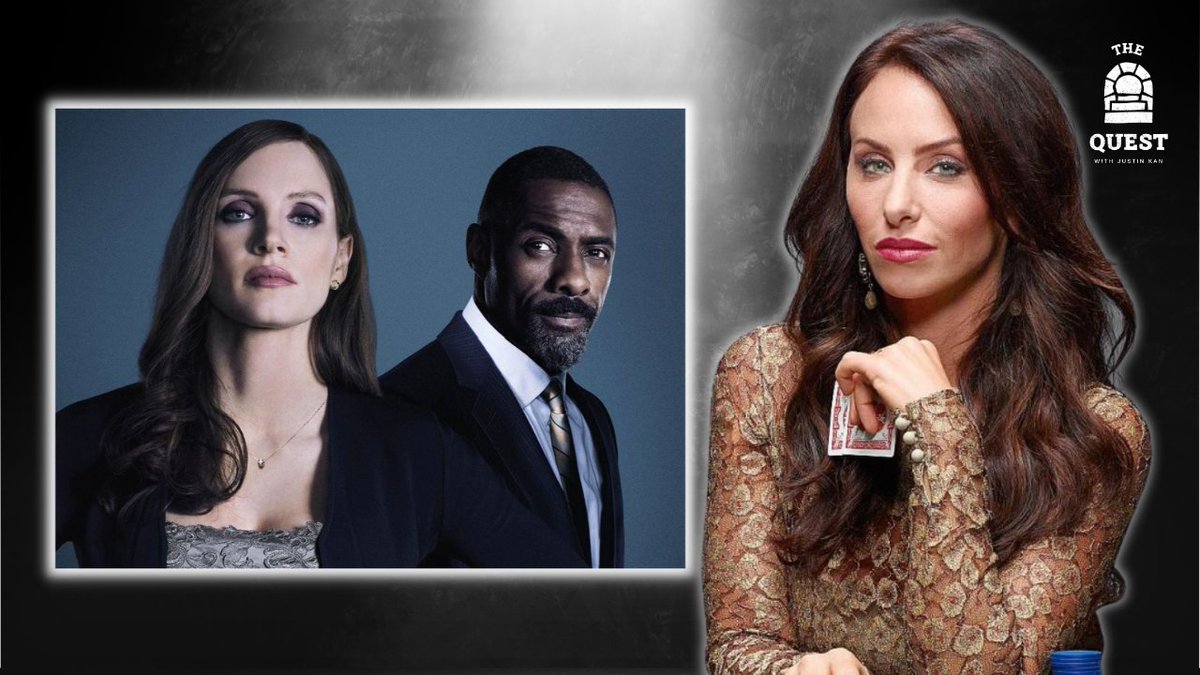
What if I told you that I felt like a failure even after selling Twitch for a billion dollars?
This is for anyone experiencing impostor syndrome:
This is for anyone experiencing impostor syndrome:
When you're in a startup, it's easy to feel like everyone else is crushing it while you are drowning.
Comparison is a fundamental part of our human nature and it is also our greatest bane.
Comparison is a fundamental part of our human nature and it is also our greatest bane.
This is the consequence of information asymmetry.
You're always seeing examples of the good news; everyone else is only showing the positive stuff.
Meanwhile, you are observing the full range of your own experiences. Some are good, some are bad.
You're always seeing examples of the good news; everyone else is only showing the positive stuff.
Meanwhile, you are observing the full range of your own experiences. Some are good, some are bad.
This is the reason I started my podcast @thequestmedia
I wanted to give people the complete picture into the lives of successful people.
(including the things that didn't go so well for them)
I wanted to give people the complete picture into the lives of successful people.
(including the things that didn't go so well for them)
The 5% Rule:
Most people out there probably only know a little bit more than you.
You only need to know 5% more than someone on a topic to sound like an expert.
Most people out there probably only know a little bit more than you.
You only need to know 5% more than someone on a topic to sound like an expert.
You won't be able to accurately gauge how far behind you are from someone, so it is easy to project that you are light years behind.
This is a logical fallacy.
This is a logical fallacy.
I always say this to founders, but it applies to any career or high-growth job:
'You will always feel like you are drowning'
(cont.)
'You will always feel like you are drowning'
(cont.)
Even when you are succeeding, it feels like you are drowning because you are constantly being forced to do something new that you haven't had experience in.
While figuring this stuff out on the fly, you're going to feel like you're failing and that you're an impostor
You'll look at other founders growing their teams, fundraising, hiring and think that they are experts.
You'll look at other founders growing their teams, fundraising, hiring and think that they are experts.
The reality is that they had to grind to figure it out, just like you are doing now.
They just happen to be a little ahead of you.
They just happen to be a little ahead of you.
Dealing with impostor syndrome:
1. Recognize that everyone has it, and that it is normal
1. Recognize that everyone has it, and that it is normal
2. Get a group of friends/peers that you can be brutally honest with and share experiences.
Don't just say 'I'm fine' when someone asks. Open up, share, and more importantly, listen.
Don't just say 'I'm fine' when someone asks. Open up, share, and more importantly, listen.
3. Practice gratitude everyday - helps you re-contextualize daily events and makes you focus on the positive things that are going well.
Every morning, I write down three things that I am grateful for.
Every morning, I write down three things that I am grateful for.
4. Ask yourself: if this bad thing that I think is really true, what is the actual consequence of that?
Is it really the end of the world? Things aren't as bad as they seem - when one door closes, another one opens.
Keep your head up so you can see where to go next.
Is it really the end of the world? Things aren't as bad as they seem - when one door closes, another one opens.
Keep your head up so you can see where to go next.
5. Take a break from social media - trust me.
6. Meditate to help you avoid self-critical thoughts.
You will see your thoughts come and go. Being present lets you avoid getting caught up in regrets of the past, and anxiety for the future.
6. Meditate to help you avoid self-critical thoughts.
You will see your thoughts come and go. Being present lets you avoid getting caught up in regrets of the past, and anxiety for the future.
What has been your experience with impostor syndrome? Are you currently going through something like this?
Reply to this thread and share your stories - would love to read.
Reply to this thread and share your stories - would love to read.
I made a video about my experiences with impostor syndrome on my YouTube channel, check it out here:
• • •
Missing some Tweet in this thread? You can try to
force a refresh







